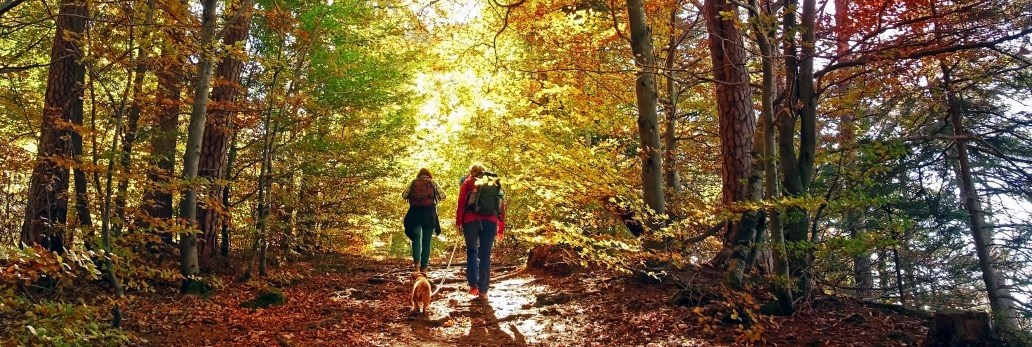Buy and Sell Safety
While sites such as Kijiji are great to make quick cash or find a good deal, your safety and well-being should always be your first priority.
| Ensuring your transactions are safe |
- Always meet in a public place preferably during daylight hours or in well-lit public venues. Locations which have quality video surveillance should also be considered.
- Where possible, bring another person with you.
- If you decide to purchase the item, use an e-transfer instead of carrying cash.
- Do not meet the person at your home if at all possible. If the person must come to your residence to view/retrieve the item, limit the access the prospective buyer has to only the area necessary to view the item (i.e. don't let them wander around your yard or house).
- Do not share unnecessary personal information with others.
- And remember, if the deal seems too good to be true - it probably is!
|
Street Safety
When you're out and about or walking the streets, it's important to always stay alert and be aware of your environment. Safety starts with you. Trusting your instincts is your best defence.
| Safety Tips for Walking |
- Tell someone where you are headed and your expected time of arrival
- Avoid walking alone, especially at night
- Always walk with a purpose and walk confidently
- Walk in well-populated and well-lit areas
- Avoid isolated areas such as parking lots, garages and alleyways
- If you think you are being followed, cross the street and turn to walk in the opposite direction. Walk toward an open store or area with other people. Don't be embarrassed to yell for help.
- Carry your cell phone on you at all times
- Avoid carrying large sums of cash, valuables or flashy jewellery. If you must, carry them discreetly
- Approach shadowy doorways, shrubbery, or anything that someone could hide behind with extra caution
- If you are verbally harassed, do not respond or engage
- If you feel you are in danger or threatened by someone, call police
|
Outdoor Safety
Are you staying safe while out in the trails? Are you prepared for an outdoor excursion?
| Tips for Safe Hiking |
- Always tell someone where you are going and include the date, time of departure, the number of people in your group, direction of travel and estimated time of return
- Text your GPS coordinates to someone as you change locations, so if you or your cell phone becomes disabled, someone will know your last location
- Always have a GPS and/or communication device. Ensure that they are in good working order and that you know how to use them. Also, ensure that all communications devices are fully charged and that you have a means of recharging the batteries.
- Especially if alone, remain in areas closer to cell phone towers/cell range
- Park your vehicle on the same side of the road that you are picking on
- Wear appropriate clothing and footwear for the terrain and weather conditions
- Have a first aid kit on hand. If you require prescription medication, carry at least a week's supply in case you get lost.
- - Pack water and snacks
|
| Surviving in the Wilderness |
- Go slow. Heavy exertion burns extra calories and makes you sweat heavily, which can cause dehydration. Fatigue, dehydration and damp clothing increase your chances of succumbing to hypothermia.
- Hypothermia occurs when the body loses heat faster than it produces it, often when exposed to rain, wind and cold without proper, dry clothing or shelter. Your most important task if you become lost is to stay warm and dry. Build a shelter and a fire if you can. Always carry matches in a waterproof container.
- If you get lost, fear is your worst enemy. It is impossible to think logically if you panic. Stay where you are. Do not try to walk to safety unless you have the skills and equipment to survive. Staying where you are increases your chances of being located in a shorter amount of time.
- Making a fire is one of your best survival tools. It can keep you warm, dry your clothes and serve as a signal for help.
- If necessary, use natural formations, such as caves or fallen trees, for shelter. Other materials, such as cedar or spruce boughs, can be used to construct a temporary shelter.
- It is important to know that the universal distress signal is three blasts of a whistle or three burning fires.
|

 I Want To
I Want To





 Subscribe to this page
Subscribe to this page